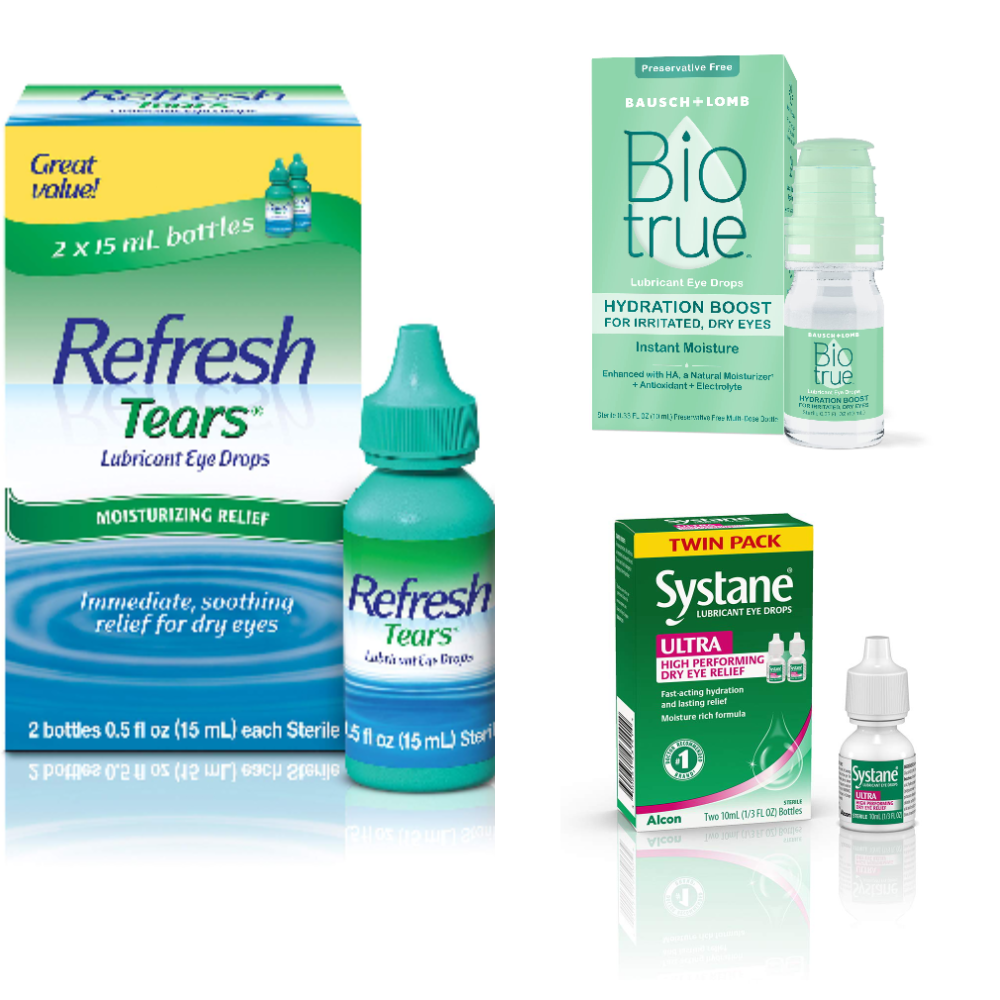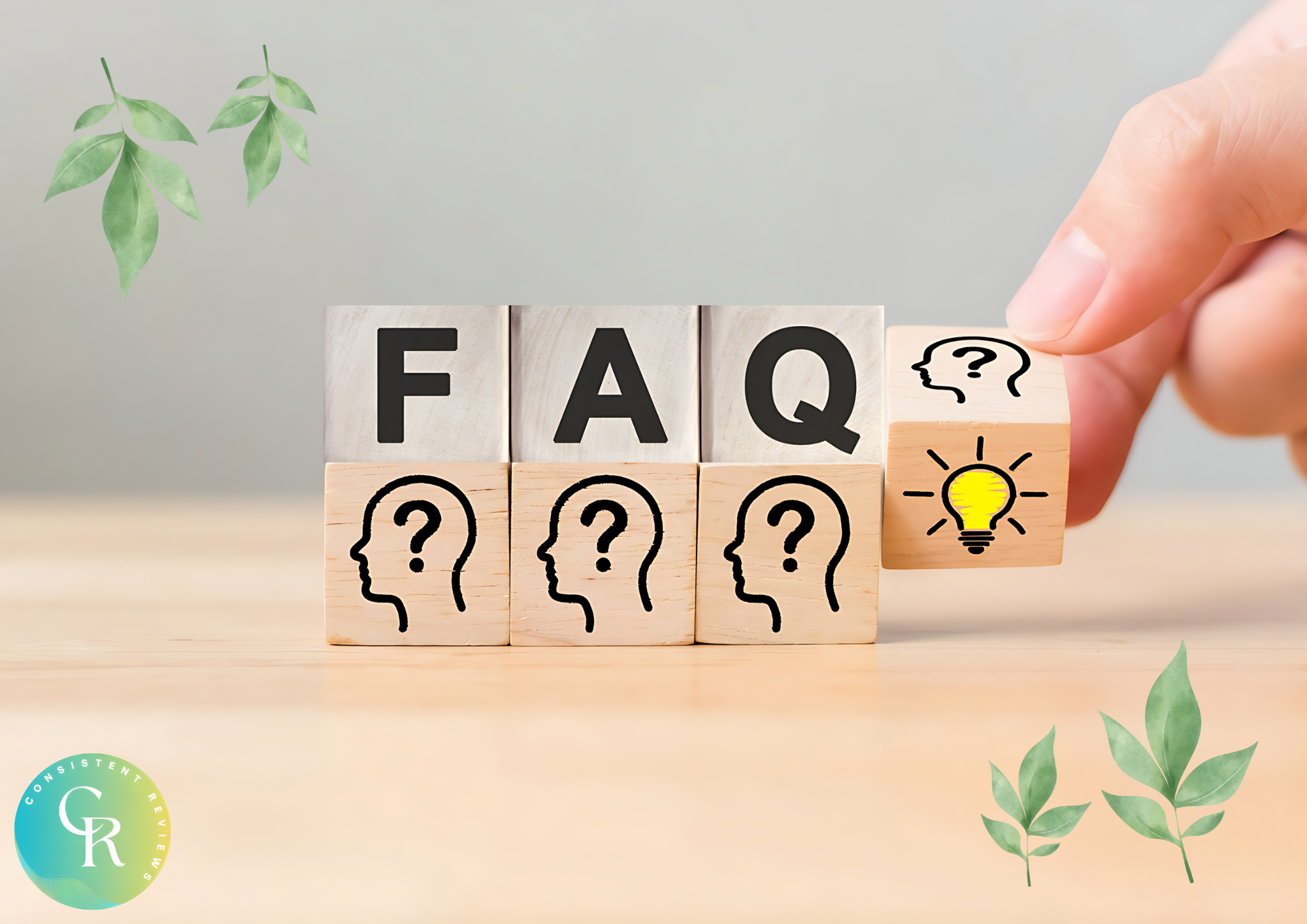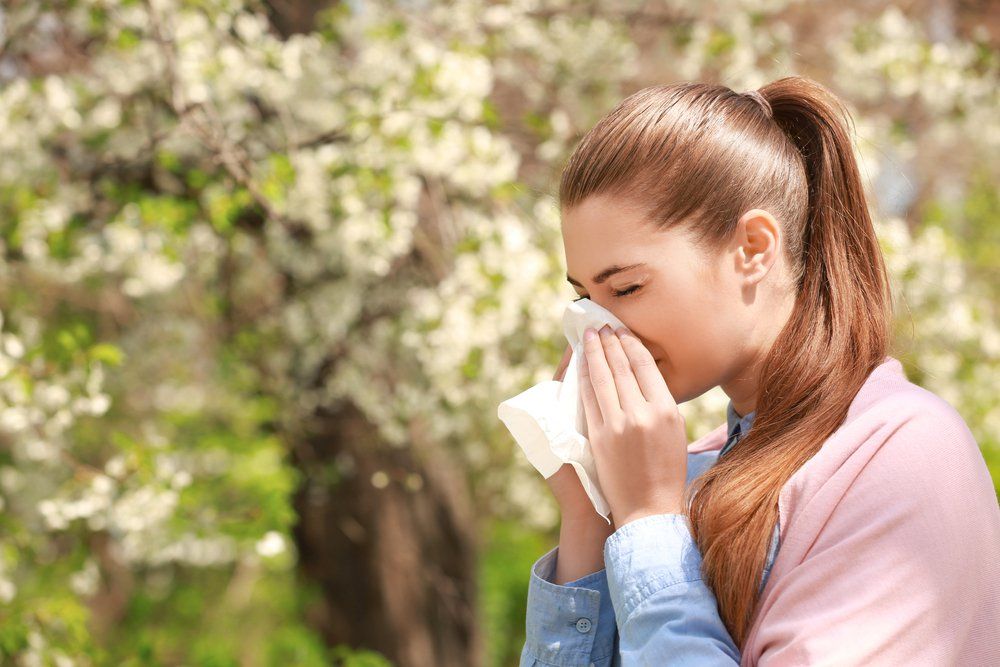Springtime brings a burst of color, warmer temperatures, and unfortunately for many, the onset of spring allergy symptoms. As the season transitions from winter to spring, millions of people start to experience allergic reactions to airborne allergens. This post will delve into the causes, symptoms, and management strategies for spring allergies.
What Are Spring Allergies?
Spring allergies, also known as seasonal allergies or allergic rhinitis, are the body's immune response to certain allergens present in the environment during the spring months. These allergens can include tree pollen, grass pollen, mold spores, dust mites, and pet dander.
The body's immune system overreacts to these allergens, causing an allergic reaction. This reaction leads to a range of symptoms, commonly referred to as allergy symptoms.
Common Spring Allergy Symptoms
The most common spring allergy symptoms include a runny nose, stuffy nose, sneezing, itchy eyes, watery eyes, and coughing. These symptoms are often also called hay fever and collectively referred to as hay fever, although the condition is not caused by hay and does not cause a fever.
Some individuals may also experience dark circles under their eyes, known as "allergy shiners," due to congestion in the nasal passages.
Identifying Allergy Triggers
Keep an Allergy Diary
The first step in identifying your allergy trigger is keeping an allergy diary. This diary should include detailed notes on your symptoms and the activities you do daily. Record what you eat, where you go, and any exposure to potential allergens. By keeping a diary, you can see a pattern of what triggers your allergies. Identify what triggers your allergy symptoms and take the necessary steps to avoid what triggers your allergies.
Get an Allergy Test
Allergy tests are conducted by specialists to identify the causes of your allergies. Several tests are available, such as skin tests, blood tests, and patch tests. These tests evaluate your body's reaction to potential allergens by exposure or ingestion. The results of your allergy test will enable you to understand the triggers that cause allergic reactions.
Check the Air Quality in Your Home
Your home's air quality can affect your allergies. Dust, mold, and pet dander are common allergens that float throughout your home. By keeping your home clean and dust-free, you can minimize your exposure to allergens. Air purifiers or filters that trap allergens and prevent their spread can help improve your indoor air quality.
Be Cautious with your Diet
Your diet can also be a potential allergy trigger. Certain foods such as peanuts, wheat, soy, and eggs can trigger allergic reactions in some people. Observe a balanced and healthy diet, and avoid foods that may trigger your allergies. Read food labels and ask your server about ingredients when eating out.
Consult with an Allergist
If you experience severe allergies that disrupt your daily routine, consult an allergist. An allergist can diagnose your allergies and recommend treatments that can control your allergy symptoms. They may suggest allergy shots, medication, or other specialized treatments.
Managing and Treating Spring Allergies
Once you've identified your allergy triggers, you can take steps to avoid these allergens and manage your symptoms. For example, regularly monitoring pollen counts and staying indoors when pollen levels are high can help reduce exposure to outdoor allergens.
Treatment options for spring allergies typically include over-the-counter allergy medications like oral antihistamines and nasal sprays. These treatments work by reducing the body's immune response to allergens, thus relieving symptoms such as a runny nose, itchy eyes, and nasal congestion.
For severe allergies, an allergy specialist may recommend allergen immunotherapy, also known as allergy shots. This treatment involves gradually exposing your body to increasing amounts of your specific allergens, which can help your immune system become less sensitive over time.
Natural remedies, such as nasal irrigation with a saline solution, can also help relieve congestion. Always talk to your doctor before starting any new treatment regimen.


What are the common triggers for spring allergies?
Spring allergies, also known as seasonal allergies, are often triggered by outdoor allergens such as tree pollen, grass pollen, and mold spores. These allergens are typically more prevalent in the air during spring and early summer, leading to an increase in allergy symptoms. Dust mites and pet dander can also trigger spring allergies, especially for those who are sensitive to these substances.
To identify your specific allergy triggers, you can get an allergy test from an allergy specialist. These tests involve exposing you to small amounts of suspected allergens to see if an allergic response occurs. Once you know your triggers, you can take steps to avoid exposure, such as staying indoors when pollen counts are high and using air conditioning units instead of opening windows.
What are the typical symptoms of spring allergies?
The most common symptoms of spring allergies include a runny nose, stuffy nose, sneezing, itchy eyes, and watery eyes. These symptoms are often collectively referred to as hay fever, although the condition has nothing to do with hay and does not cause a fever. Some individuals may also experience dark circles under their eyes, known as "allergy shiners," due to congestion in the nasal passages.
It's important to note that these symptoms can vary from person to person and depend on the severity of the allergic reaction. If you're experiencing these symptoms and suspect you may have seasonal allergies, it's a good idea to consult with a healthcare professional or an allergy specialist for an accurate diagnosis and treatment plan.
How can I manage and treat my spring allergy symptoms?
There are several ways to manage and treat spring allergy symptoms. Over-the-counter allergy medications, including oral antihistamines and nasal sprays, are often effective in relieving symptoms such as nasal congestion, runny nose, and itchy eyes. These medications work by reducing the body's immune response to allergens.
For more severe allergies, prescription medications or allergy shots (allergen immunotherapy) may be necessary. This treatment involves gradually exposing your body to increasing amounts of your specific allergens, helping your immune system become less sensitive over time. Natural remedies, like nasal irrigation with a saline solution, can also be helpful in relieving symptoms. Always consult with a healthcare professional before starting any new treatment regimen.
What is the benefit of getting an allergy test?
An allergy test can help identify the specific allergens that trigger your allergic reactions. By knowing what substances you're allergic to, you can take steps to avoid exposure and manage your symptoms more effectively. For example, if you're allergic to grass pollen, you might choose to stay indoors on days when the pollen count is high.
Allergy tests, which can include skin tests or blood tests, involve exposing you to small amounts of suspected allergens to see if an allergic response occurs. This information can be invaluable in creating a personalized treatment plan for managing your allergies. It's always best to consult with a healthcare professional or allergy specialist to discuss whether an allergy test could be beneficial for you.

Spring allergies can be a nuisance, but understanding your seasonal allergy symptoms and triggers can go a long way in managing this seasonal affliction. With the right knowledge and management strategies, you can navigate the spring allergy season with ease and enjoy the beauty of spring without the constant annoyance of allergies.
Remember, if you're struggling with spring allergy symptoms, consider seeking help from an allergy specialist. They can provide personalized advice and treatment options to help you improve your life during the allergy season.
So, don't let spring allergies keep you from enjoying the season. Take control of your symptoms, talk to a healthcare professional, and make the most of the beautiful spring weather!










